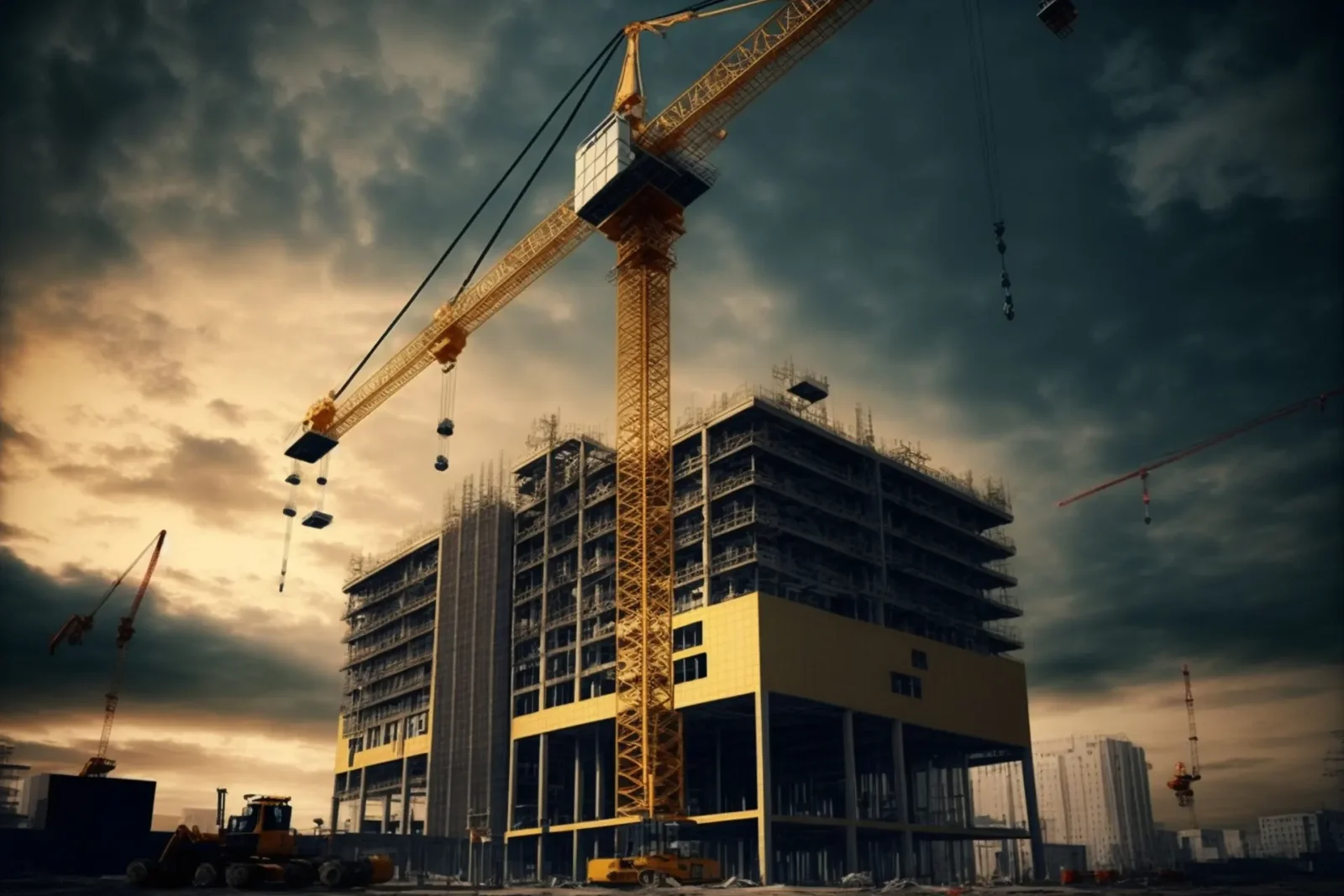Work with your contractor during the design phase to turn your vision into a plan with architects and engineers. In the pre-construction phase, choose materials, estimate costs, create a schedule and finalize contracts. Clear communication and detailed plans for a successful outcome.
Initial Planning and Vision
A construction project starts with a clear vision and good planning. This means brainstorming ideas, setting goals and feasibility. Working with a general contractor will give you cost estimates and timeline information. Companies like Bomar Construction can help with the initial planning process. A good plan minimizes risks and misunderstandings. Feasibility studies and site analysis, local zoning and environmental impact can also help determine if the project is practical. By doing your homework you’ll have a smoother construction journey.
Choosing the Right General Contractor
Choosing the right general contractor is key to a successful project. Reviews, past work and industry reputation are important. A general contractor works with stakeholders and has a network of sub-contractors, suppliers and professionals. Resources like this guide can help you evaluate contractors. Meet with shortlisted candidates in person to discuss project details, timelines, budgets and communication style. Verify the contractor’s insurance, bonding and licensing to make sure they’re responsible and safe.
Design and Pre-Construction
Working on design means working closely with your contractor, architects and engineers to turn your vision into a plan. This phase includes 2D and 3D modeling for better visualization so you can make informed decisions on aesthetics and functionality. The pre-construction phase involves choosing materials, estimating costs and creating a schedule. Your contractor will work with suppliers and specialists, finalize contracts, secure financing and define roles for each team member. A detailed project plan with deadlines and milestones ensures everyone is working towards the same goal and promotes communication and project efficiency.
Permits and Approvals
Construction projects require permits and local government approvals. A general contractor should be familiar with local regulations and manage the process. They will make sure all paperwork is in place, avoid legal issues and set realistic project timelines. The permitting process involves multiple inspections by the authorities and having a contractor handle it allows you to focus on other parts of the project. A trusted professional can expedite approvals and prevent delays.
Construction Begins: Groundbreaking to Framing
Construction starts with groundbreaking followed by foundation and framing. Framing is critical as it’s the structure’s skeleton. Communication with contractors is key to address issues and monitor progress. Regular site meetings update timelines, budgets and necessary changes. Groundbreaking often includes a ceremonial event. After foundation, framing involves building walls, floors and roofs. Precision and attention to detail is required and regular inspections ensure safety and building code compliance. Documenting progress with photos and reports gives you a record of the construction journey.
Finishing
Once the structural work is done we move on to finishing work like insulation, drywall, roofing and painting. Attention to detail is key during this stage and a finishing a house guide will be super helpful. Contractors will do quality checks at various stages to make sure work meets standards and regular site visits can help iron out any issues. Working with an interior designer will help you achieve the look you want within budget.
Final Inspections and Handover
The final stages of any construction project is where quality and compliance matters. Authorities will do inspections to make sure electrical, plumbing and structural are up to code. A walk through with the contractor will help identify any last minute fixes and minor corrections. A punch list will record any incomplete or subpar work so the project meets your expectations and gives you long term satisfaction. They will be marking the occasion by thanking everyone who contributed to making it happen for you.
Handover and Post Construction
After the project is done the contractor will give you a handover packet with warranties, manuals and maintenance instructions. This packet is for future reference and property maintenance. Post construction services can address any outstanding issues and ensure satisfaction. Contractors will usually offer a warranty period to address any problems so the transition from construction to occupation is smooth. Regular maintenance and repairs will extend the life of the building and preserve its value. Clear communication with the general contractor and planning is key to a successful construction process. Attention to detail is key to your dream project.








Leave a Reply